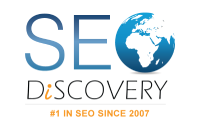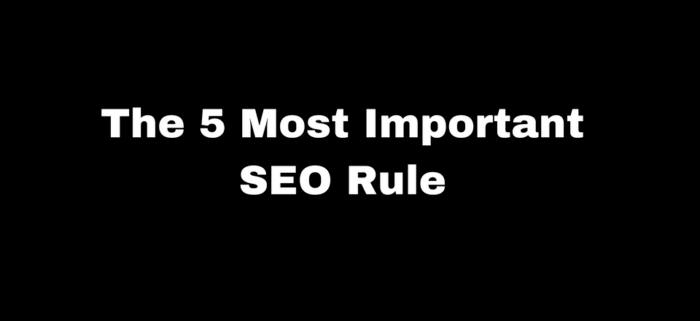What you should consider when optimizing your corporate website!
When talking about OnPage optimization, especially in the context of SEO, many website masters suspect a technical dominance to the detriment of their content. Since Google’s Panda Update 2011, however, the discrepancy between automatic indexing of site content by search engines and user-friendly design has long been resolved.
In our Custom Search Engine Optimization Package, we recommend an effective strategy for your successful online marketing. The following 5 SEO rules show how OnPage Optimization works for your website. Specifically, we show you how to satisfy search engines and visitors with your websites.
1. Useful Keywords
Keywords research is the central element of Internet search. The users formulate their wishes, the search engines can react properly with the appropriate indexing. It is not the excessive concentration of keywords in texts that is decisive, but the interplay of several factors. In the meantime, keyword density should be 1%. The free online tool is available at www.live-keyword-analysis.com. If the keywords within the HTML site code appear in the form of H1 headlines and in the first 3 sentences of a paragraph, the crawler will give it the priority. Of course, it is essential to use these keywords in Meta Title and Meta Description. The best result is achieved by a keyword when the domain use keyword in the domain. This part of the OnPage optimization has no influence on the reading flow but boost CTR.
2) Blend LSI into Content
Google not only looks for the keywords but for all terms that reflect the topic. A good sense for semantics plays a central role in the content SEO optimization of a website. All search engines use this latent semantic indexing (LSI). Related words, synonyms and word relationships are thus included in the selection of a search query. If your content includes related terms in the content then it will rank higher in SERP.
3) Clear Website Structure
The better the information is structured in a website, the easier it is to crawl and index the contents of the website. This applies to the human mind as well as to machine logic. Instead of paginating essays, the information on a website should be prepared in such a way that they constantly lead: crisp headlines, short paragraphs, meaningful images. Side issues can be treated with subpages. This internal linking is not just for the user ideal but also signals to the search engine how important a page is. The representation of the structure of a website helps the web crawler as well the visitor with the entrance to the Website. This not only applies to content, but also to images, videos, resources. Take it further with rich snippets for ratings, events, people, music videos, recipes or special products. If these formats contain elementary references to your own website, not only the users will find it useful but web crawlers will also pleased.
4) Show Expertise in your Industry
Preference will be given to content which, although comprehensive, are as short and concise as possible, and at the same time deep enough to address a topic. Since it is already content reasons, it is not possible to neglect user questions with a few generalities. The search engines see this in a similar way. The content of fewer than 400 words is not considered to be well researched. There are industry leader websites who owe their outstanding ranking not only to their general reputation but also to an average text length of 2,000 words. A small website does not have to go that far, but a minimum amount of information should be kept. Competence is also evident in the selection of the right image and video material.
The most important thing: Constant updating. Users want fresh information. Each update also contributes to the better ranking in the search engine.
5) Effectively Use Visual and Videos
We know search engine index photos based on file name, alt tags or a short description. It, therefore, makes sense to include the keywords in the naming of files and to use them for a brief description, for example, in the title of a video or product photo. So the users are also sure that they want to see exactly this video. Overloading the site with animations that increase load times is ineffective. The users usually exit the website if it does not load in few seconds.
Conclusion for effective OnPage optimization:
For OnPage optimization in the SEO area, any webmaster can contribute very easily. This is not only about the clever creation of information on your websites, but also about the right content management systems: Open Source CMS such as WordPress offer the best features for this. These web CMS are also designed to have a wealth of other OnPage SEO optimization options. This also creates a constructive partnership between the website owner and web agency. If you are shortlisted for your new corporate appearance, WordPress even has the ability to meet most requirements yourself.
Why Online Marketing with SEO Discovery?
For successful search engine optimization, you need much more than keywords and content. Digital marketing is time and resources consuming process.
Your websites need to a taking account the target group in terms of content and visually, and clearly and clearly reflect the corporate design of your company. The website must be clear and tidy and guide the user through the process without stress. Your content, products and services. Web content must be prepared in such a way that it can be found not only on the website easily but in the entire Internet too.
We at SEO Discovery, have a passion for online marketing. Together we bring you and your websites forward and grow your business with our expertise.
Do not hesitate, contact us today!
Call us at +1-209-348-9568 or Contact Us!



Add a Comment